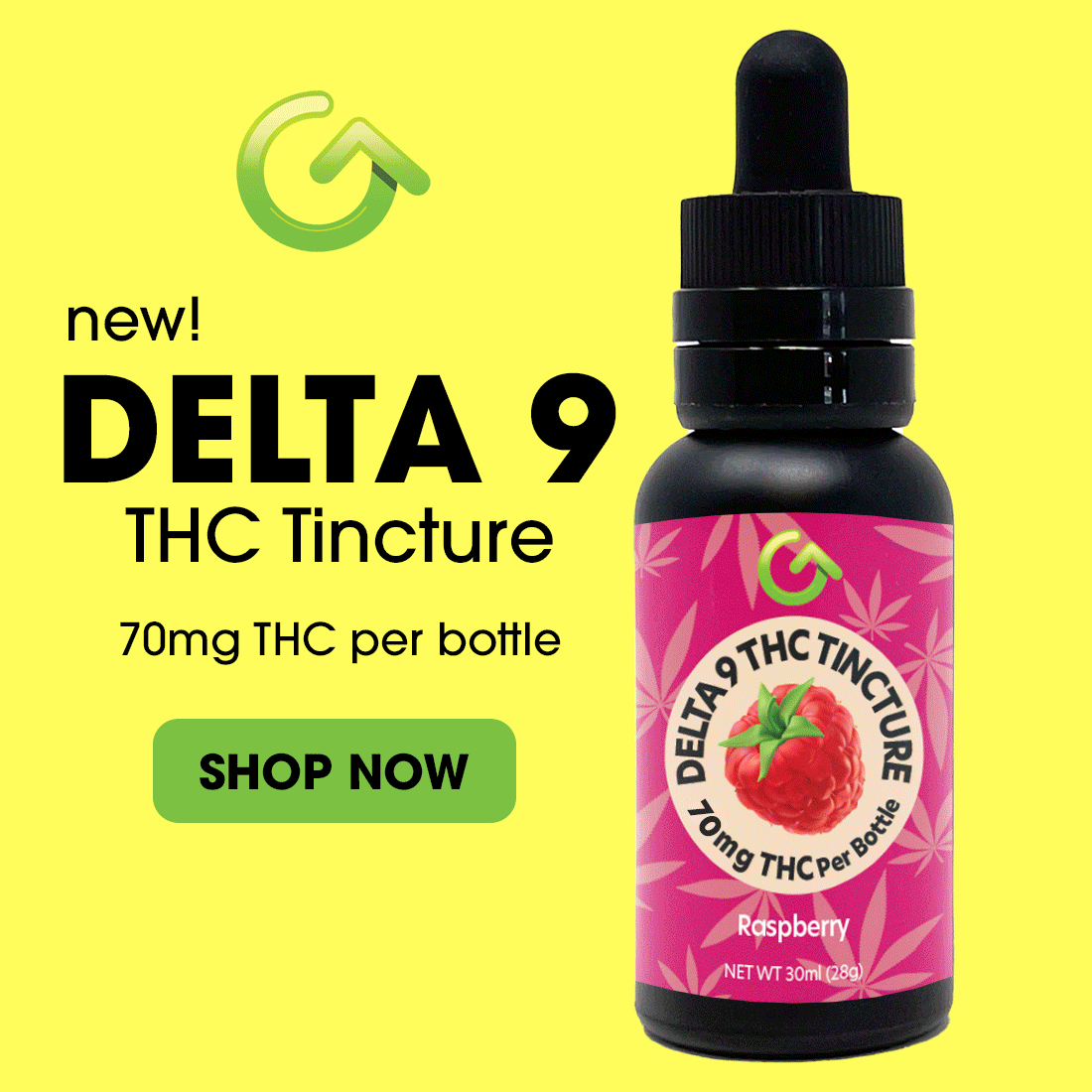Menu
Your cart is empty
Looks like you haven't added anything to your cart yet
Is Delta 8 THC Legal In Massachusetts?
YES
Delta 8 THC is legal according to Massachusetts state law. Like federal law, Massachusetts specifically legalized all derivates, cannabinoids, and isomers of hemp including all THC other than delta 9 THC.
Read our legal disclaimer HERE. While we try to stay as up to date as possible on all state laws, you should do your own due diligence and work with a legal professional to ensure you are operating legally in your state or territory at all times.
BILL H.4001
SECTION 3.
“Cannabidiol” or “CBD”, the compound by the same name derived from the hemp variety of the Cannabis sativa L. plant.
“Hemp”, the plant Cannabis sativa L. and any part of that plant, including the seeds thereof and all derivatives, extracts, cannabinoids, isomers, acids, salts, and salts of isomers, whether growing or not, with the federally defined THC level for hemp. Hemp shall be considered an agricultural commodity.
Agriculture Improvement Act of 2018
Effective Date: 10/31/2019
“hemp” means the plant species Cannabis sativa L. and any part of that plant, including the seeds thereof and all derivatives, extracts, cannabinoids, isomers, acids, salts, and salts of isomers, whether growing or not, with a delta-9 tetrahydrocannabinol concentration of not more than 0.3 percent on a dry weight basis.
“Hemp Products”, all products with the federally defined THC level for hemp derived from, or made by, processing hemp plants or plant parts, that are prepared in a form available for commercial sale, including, but not limited to cosmetics, personal care products, food intended for animal or human consumption, cloth, cordage, fiber, fuel, paint, paper, particleboard, plastics, and any product containing one or more hemp-derived cannabinoids, such as cannabidiol.
“Industrial Hemp”, the equivalent in all meanings to hemp, as defined in this section.
“Tetrahydrocannabinol” or “THC”, notwithstanding any other provision of the law, the THC that is found in hemp shall not be considered to be THC in qualifying as a controlled substance.
Section 121.
The department may inspect and have access to the equipment, supplies, records, real property and other information deemed necessary to carry out the department’s duties under sections 116 to 123, inclusive, from a person participating in the planting, growing, harvesting, possessing, processing, purchasing or researching of hemp, industrial hemp. The department may establish an inspection and testing program to determine delta-9 tetrahydrocannabinol levels and ensure compliance with the limits on delta-9 tetrahydrocannabinol concentration.
Section 122.
(a). Hemp-derived cannabinoids, including CBD, are not considered controlled substances or adulterants.
(b) Products containing one or more hemp-derived cannabinoids, such as CBD, intended for ingestion are to be considered foods, not controlled substances or adulterated products.
(c) Retail sales of hemp products may be conducted when the products and the hemp used in the products were grown and cultivated legally in another state or jurisdiction and meet the same or substantially the same requirements for processing hemp products or growing hemp under the State Hemp Program.
Legal documents found HERE
Delta 8 THC laws by State
- Choosing a selection results in a full page refresh.













